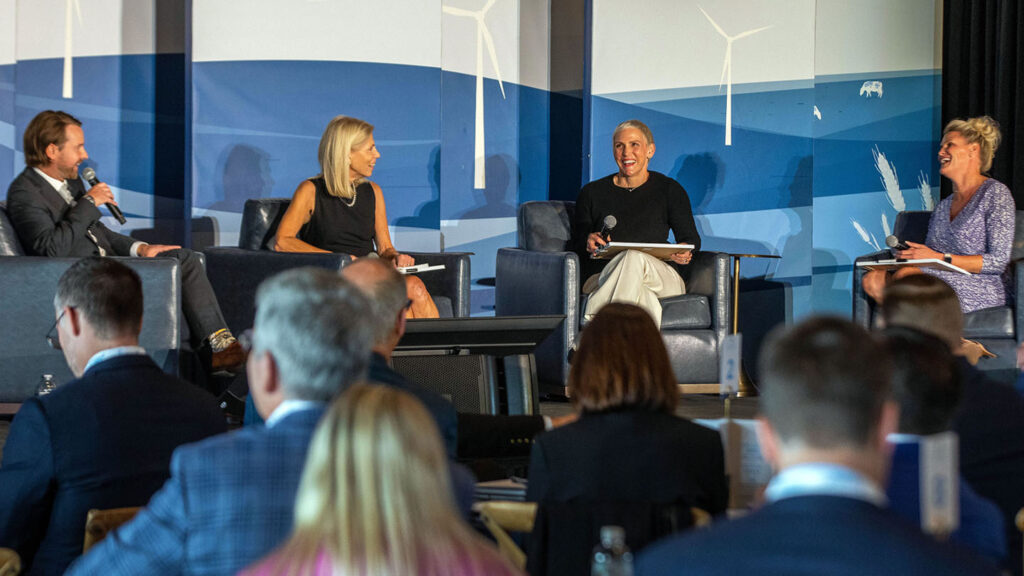
Technology will have to play a role in expanding access to healthcare in rural communities. But experts are somewhat tempered in their call to adopt new technologies, particularly artificial intelligence.
The most important tech advancement for rural regions already is underway in the form of increased telehealth availability and wireless connectivity, experts said during a recent conference in Sioux Falls, SD.
The summit, which was organized by Sanford Health, included panel discussions on several technology topics, including how tech can be deployed so caregivers work “smarter, not harder.”
Experts on the panel echoed the near-universal concern that artificial intelligence be used to help make caregiver roles less stressful, but not to replace them outright.
“Bringing a sense of joy back to work is important for all of us,” said Erica Deboer, chief nursing officer at Sanford Health. “We are all looking for a [tech] silver bullet, but there isn’t one.”
In addition, even when telehealth was introduced, providers and organizations first needed to lay a foundation of values that prioritized the patient or resident receiving care, said Ann Mond Johnson, CEO for the American Telemedicine Association.
That includes making sure that there is buy-in and trust among caregivers for tools that use AI, which still engenders skepticism from some in the healthcare community, said Toni Thomas, the chief experience officer at Microsoft for health and life sciences.
“AI is powerful but controversial,” Thomas said. “Good organizations don’t get distracted by bright, shiny options. There are cool use cases for AI, but we need to think about what is good for organizations to streamline workflows and establish employee trust.”
To help ease the administrative workload for caregivers, Sanford, which is based in Sioux Falls and manages several hundred senior living and care facilities, is using new software to help get rid of “stupid stuff,” Deboer said.
President Biden recently noted the need to use tech such as AI to help bring healthcare to “underserved communities” during a recent speech, and broad bipartisan support exists for expanding healthcare access, summit panelists said.




